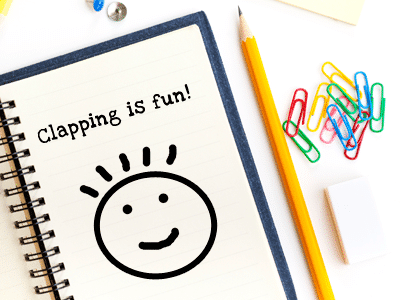Explaining the benefits of IM to a parent
From time to time, we get questions on how to use IM with specific populations, how to work with the equipment and anything else that is causing our Providers headaches. Amy Vega, a fabulous SLP and our Clinical Education Director, is here to answer those questions in a weekly series. Each week, we will address one topic in-depth that has plagued our Providers. So, be sure to check back here for all the answers to your questions. While you’re at it, send in a question that has been on your mind. You never know who else it may help.

